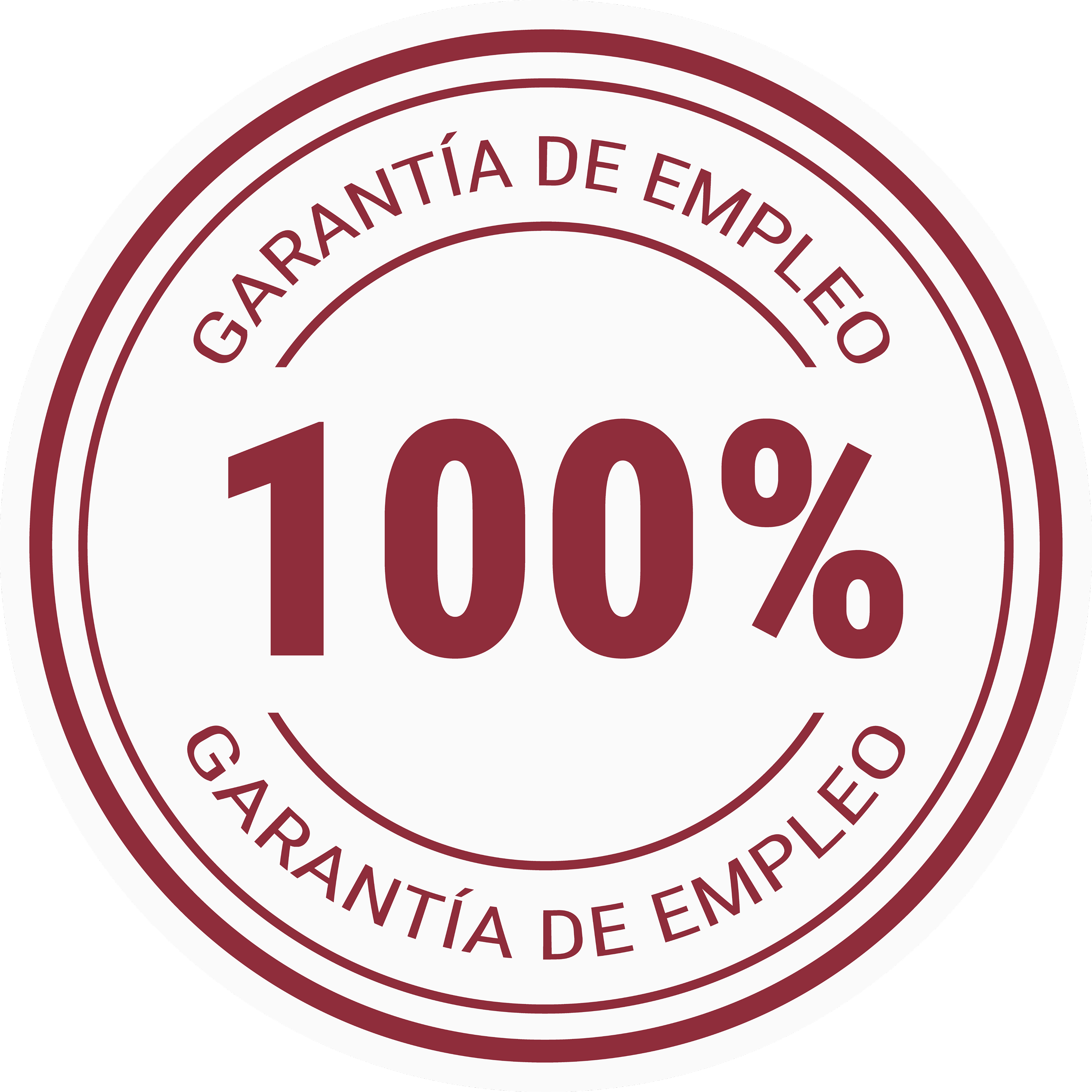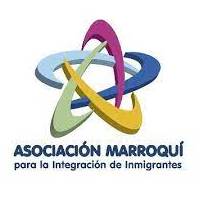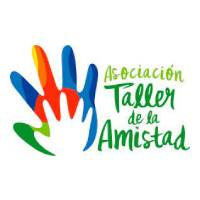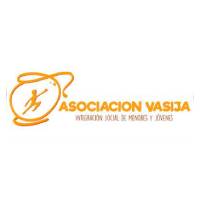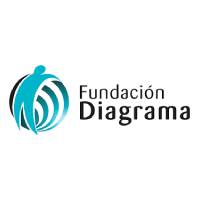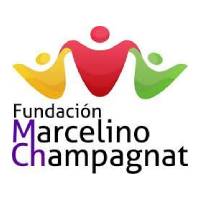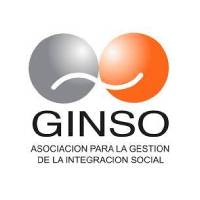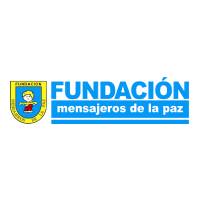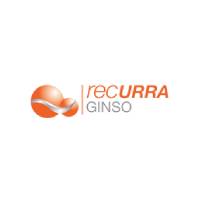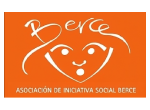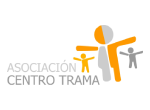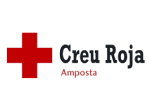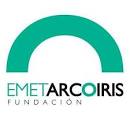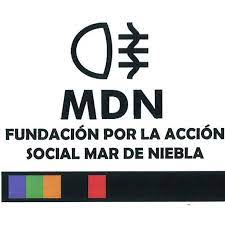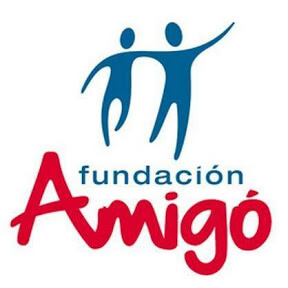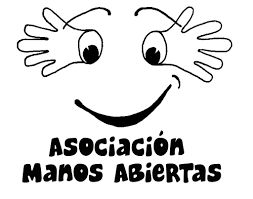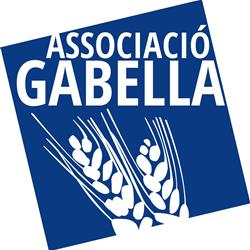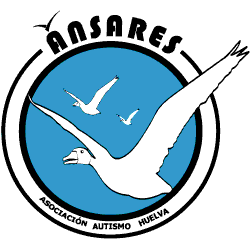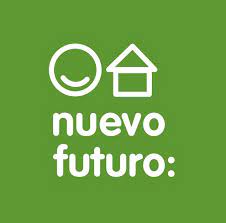
600h

200 hours of internship in +1,200 centers in Spain

Online training
Works at
Intervention with minors
Now, you choose when you want to be served from the admissions department.
Personalized attention
No cost or commitment
Without rush or pauses. Request it now!
Schedule your appointment and get advice to work in Intervention with Minors.
Choose when we will contact you.
Train yourself to obtain your title of expert in intervention with minors.
He Postgraduate in Intervention with Minors It will allow you to acquire the knowledge, skills and strategies necessary to act in different contexts with minors at risk.
This program aims to respond to the need for professionals that minor entities and centers are demanding. Today there is a high demand for professionals that, in addition to their basic qualification, has the necessary skills to face the challenge and has demonstrable experience in the sector.
It will train you to identify situations of social risk, promoting appropriate strategies for prevention. You will acquire the necessary skills to work intervening with minors and young people in different areas, designing effective and innovative programs and activities.
He Postgraduate in Intervention with Minors It is aimed at people with Bachelor's degrees in Social Education, as well as other social intervention professionals who wish to complete their training, update their professional interventions in the field of care for minors at risk of exclusion and improve their employability.
What skills are you going to acquire:
- You will learn to diagnose and analyze the factors and processes that intervene in the reality of minors at risk and/or exclusion.
- You will acquire the necessary guidelines to mediate and intervene effectively with adolescents and young people in risk situations.
- You will identify situations of social risk, promoting appropriate intervention strategies for prevention.
- You will design programs and activities aimed at minors at risk or social exclusion based on the context, legislative framework and available resources.
Exclusively, EIM provides you with the Harvard ManageMentor Leadership Certificate by Harvard Business Impact: You will develop key skills such as leadership, negotiation, teamwork and conflict management, with a global vision and oriented towards professional excellence.
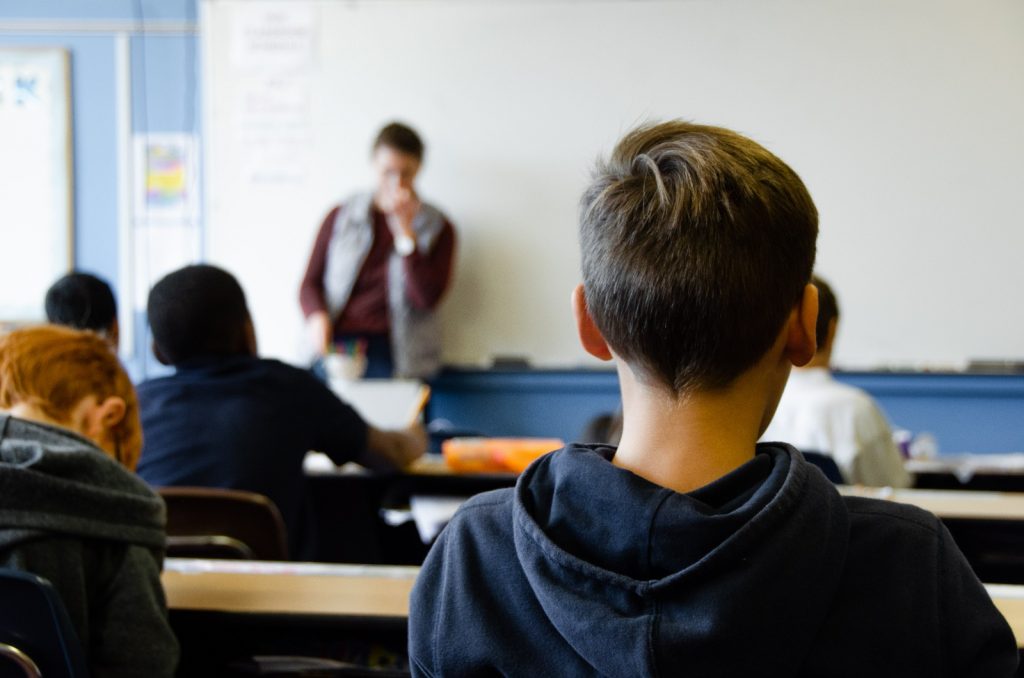

QUALITY TRAINING
At EIM we are specialized in training professionals to improve their employability. Our programs have teachers with extensive professional experience and innovative educational means that will make your training a quality experience.
PROFESSIONAL OUTINGS:
Educator in child protection centers.
Immediate care, residential care, therapeutic care, complementary or support programs for residential care and coming of age resources.
Educator in juvenile justice services.
Technician for the execution of open environment measures, educator at CIMI (detention centers for juvenile offenders) and educational coexistence groups.
Educator in prevention programs.
Child-parent violence, drug addiction, gender violence, violence between equals, etc.
Educator in care programs for victims and minors at risk.
Gender violence, human trafficking, sexual abuse, violence between peers, disadvantaged communities, etc.
Educator in intervention programs for substance use or other addictions.
Therapeutic communities and outpatient programs.
INTERNSHIP AND EMPLOYMENT AGREEMENTS
TEACHING TEAM
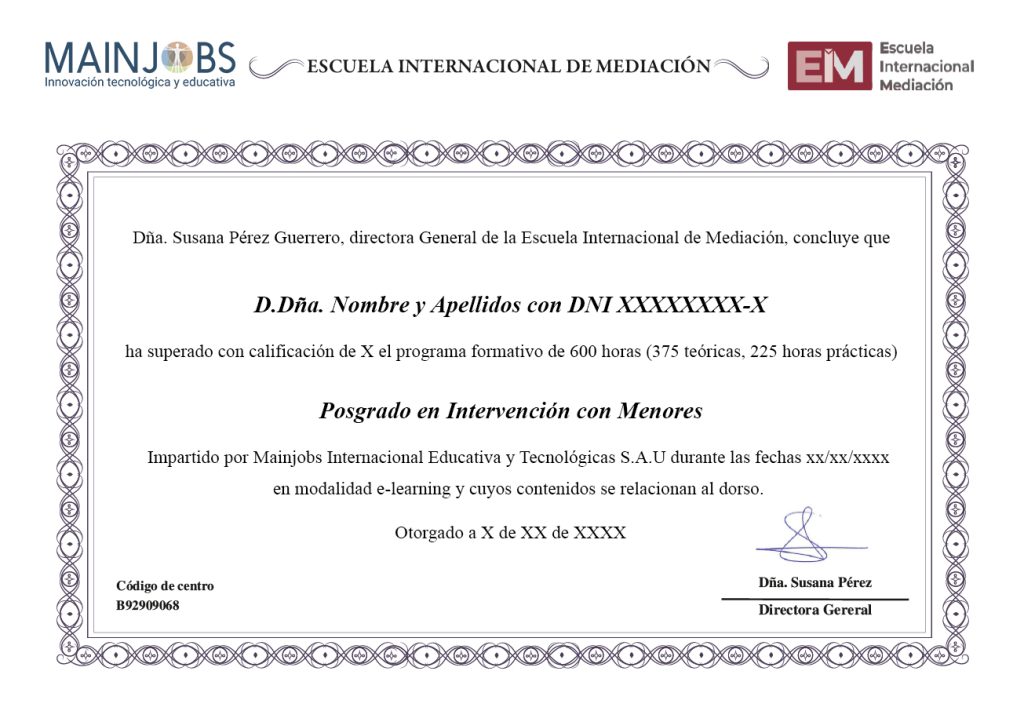
THEORETICAL HOURS: 400 H
PRACTICAL HOURS: 200 HOURS
TOTAL HOURS: 600H
TRAINING CONTENT
LEGAL FRAMEWORK FOR PROFESSIONAL EXERCISE WITH MINORS
Topic 1: Context and historical background. The concept of childhood throughout history.
Topic 2: The rights of boys and girls during the last 100 years of history in Spain.
Theme 3: Legal framework of reference on international, European, state and regional matters of minors.
INTERVENTION WITH MINORS AT SOCIAL RISK
Topic 1: Phases of development: childhood, school age and adolescence.
Topic 2: Definition and concept of minor at risk.
Theme 3: Principles and dimensions of intervention with minors at risk.
Theme 4: Detection and intervention with minors at risk: in the school environment, in social services from primary care.
Topic 5: Typologies of child lack of protection and indicators for its detection.
Topic 6: Poverty and social exclusion
EDUCATIONAL INTERVENTION WITH MINOR VICTIMS OF CRIME
Topic 1: Concept of child and youth victimization, definition and typologies.
Topic 2: Especially vulnerable victims.
Theme 3: Main crimes against minors.
Theme 4: Child abuse: definition, typologies, risk factors and indicators.
Topic 5: Intra- and extra-familial sexual abuse.
Topic 6: Gender violence within the family nucleus.
Topic 7: Civil and criminal legislation. Action protocols.
MENTAL HEALTH IN CHILDHOOD AND ADOLESCENCE
Topic 1: Previous concepts: the psychopathology of childhood and adolescence.
Topic 2: Problems related to emotional regulation: Depression and anxiety problems.
Theme 3: Sexual health in childhood and adolescence.
Theme 4: Problems related to the school environment.
Topic 5: Eating behavior disorders.
Topic 6: Attention deficit hyperactivity disorder (ADHD)
Topic 7: Positive construction of mental health. Keys to recognizing a mental health problem.
EDUCATIONAL INTERVENTION IN CHILD AND YOUTH BEHAVIOR PROBLEMS
Topic 1: Behavioral disorders: what they are and classification.
Topic 2: Attention deficit hyperactivity disorder (ADHD). Symptoms, causes, detection, evolution and treatment.
Theme 3: Oppositional Defiant Disorder. Symptoms, causes, detection, return and treatment.
Theme 4: Dissocial Disorder. symptoms, causes, detection, evolution and treatment.
Topic 5: Cognitive-Behavioral programs.
INTERVENTION WITH MINOR VICTIMS OF GENDER VIOLENCE
Topic 1: Gender violence, genesis, characteristics and forms.
Topic 2: Profile of the abuser and the victim of gender violence among young people.
Theme 3: False beliefs about gender violence. The myths of romantic love.
Theme 4: Risk factors in gender violence in young people.
Topic 5: The cycle of violence.
Topic 6: Perception of gender equality, gender violence and victims by minors and young people.
Topic 5: The comprehensive law against gender violence.
Topic 6: Gender violence prevention programs among young people.
DETECTION OF ADDICTIONS IN MINORS AND YOUNG PEOPLE
Topic 1: General concepts intoxication, abuse and dependence.
Topic 2: General symptoms: from use to addiction. Factors that influence addictive behaviors.
Theme 3: Addictions with substance.
Theme 4: Drug consumption among the adolescent population.
Topic 5: Dependency without substance.
Topic 6: Preventive interventions.
Topic 7: Intervention in addictive disorders.
PREVENTION AND TREATMENT OF ADDICTIVE BEHAVIORS IN MINORS AND YOUNG PEOPLE
Topic 1: Characteristics of addictive behavior.
Topic 2: Neurobiology of Addictions.
Theme 3: Psychological factors in addictions.
Theme 4: The processes of change in addictive behaviors.
Topic 5: Dual pathology in addictions.
Topic 6: Psychotherapy programs and intervention and treatment procedures.
Topic 7: Addiction Prevention Programs.
PREVENTION, DETECTION AND INTERVENTION OF TECHNOLOGICAL ADDICTIONS IN MINORS
Topic 1: Use of TRIC in minors and adolescents.
Topic 2: Security and TRICS.
Theme 3: Risk factors and protective factors in addiction to new technologies and social networks.
Theme 4: Prevention in the use of TRICS: socio-educational intervention tools.
Topic 5: Addiction to new technologies: definition, etiology and treatment.
EDUCATIONAL INTERVENTION WITH MINOR OFFENDERS
Topic 1: Juvenile delinquency, general aspects. Population profile.
Topic 2: Explanatory theories of juvenile delinquency.
Theme 3: Risk and protective factors for juvenile delinquency.
Theme 4: The criminal responsibility of the minor.
Topic 5: Judicial measures imposed on minors: open and closed measures.
Topic 6: Child-parent violence.
More than 6,500 professionals have trusted EIM to boost their careers.
«I liked the course very much»
A very broad, comfortable and clear syllabus, with many practical experiences. I would have liked to have more time, to dedicate myself more exclusively to him…
Betty Cruz Prieto
“Very good training”
Good training, given in an enjoyable way. If you have any questions, the tutors respond quickly. Highly recommended
Beatriz Prada
Studying at EIM was without a doubt a great experience
ANDI have recommended her to my contacts and will continue to do so. The teachers are available and the responses are immediate. I will continue training with you. Thank you
Guillermina Docters
CURRICULUM
He Postgraduate in Intervention with Minors Its objective is the acquisition of skills, expanding your knowledge and enhancing the capabilities that will allow you to develop your professional work in a wide range of work contexts. To do this, it has an innovative structure that combines theoretical knowledge as a basis to frame the extensive practical content that will equip you with the skills for effective intervention with minors in a multitude of work contexts.
PROGRAM CONTENT (600 HOURS)
SUBJECT I. Legal framework for professional practice with minors – 12.5 h (0.5 ECTS)
SUBJECT II. Intervention with minors at social risk – 37.5 h (1.5 ECTS)
SUBJECT III. Mental health in childhood and adolescence – 50 h (2 ECTS)
SUBJECT IV. Educational intervention in child and adolescent behavior problems – 37.5 h (1.5 ECTS)
SUBJECT V. Detection of addictions in minors and young people – 37.5 h (1.5 ECTS)
SUBJECT VI. Prevention and treatment of addictive behaviors in minors and young people – 37.5 h (1.5 ECTS)
SUBJECT VII. Prevention, detection and intervention of technological addictions in minors – 37.5 h (1.5 ECTS)
SUBJECT VIII. Educational intervention with minor victims of crime – 37.5 h (1.5 ECTS)
SUBJECT IX. Intervention with minor victims of gender violence – 37.5 h (1.5 ECTS)
SUBJECT X. EDUCATIONAL INTERVENTION WITH MINOR OFFENDERS – 50 h (2 ECTS)
INTERVENTION PROJECT WITH MINORS – 25 h (25 ECTS)
INTERNSHIP (200 HOURS)
TEACHING TEAM

JORDI CASAJOANA
Lawyer in the family, criminal and child protection field
Parenting Mediator and Coordinator
President and founder of the Mediation Commission of the Illustrious Bar Association of Barcelona

ROCÍO CORDERO
Lawyer in the family, criminal and child protection field
Parenting Mediator and Coordinator
President and founder of the Mediation Commission of the Illustrious Bar Association of Barcelona
DOWNLOAD THE DOSSIER WITH IT CURRICULUM
POSTGRADUATE IN INTERVENTION WITH MINORS
Methodology
The work methodology in the Postgraduate in Intervention with Minors It is practical, seeking the acquisition of skills: knowledge, procedures and attitudes that equip you for professional practice and allow you to act effectively in different professional situations and contexts. This way, you will know how to choose the most appropriate response at all times according to the different resources you have.
Learning platform
He Postgraduate in Intervention with Minors It has an e-learning platform equipped with the most innovative communication tools and aimed at facilitating your learning experience.
Resources
- Multimedia interactive training content.
- Live video classes: live video classes will be taught with expert teachers. These classes will be recorded so that you can see them and consult the aspects discussed for the development of the activities.
- Teaching resources: every week you will have at your disposal articles, news and other content related to each subject that will allow you to deepen and expand your knowledge.

Assessment
To guarantee that you have acquired the skills of each subject of the Postgraduate in Intervention with Minors, The evaluation system will have objective knowledge tests and tasks focused on the design of activities and intervention projects, as well as the analysis of practical cases aimed at acquiring the skills necessary for professional performance in different areas.
Follow-up
You will have at your disposal a teaching team with extensive experience in the field of working with minors at risk who will guide you throughout the entire training activity and will help you successfully complete all the proposed activities and acquire the necessary skills to develop your professional work in this sector.
FAQs
Will this training help me get better jobs in the field of intervention with minors?
Of course, whether you are working and want to improve your job or if you are looking for your first job opportunity, this course will allow you to specialize in the different areas of working with minors, expanding your knowledge and enhancing your abilities. It will also give you the opportunity to come into contact with companies in the sector that demand professionals, through the internships that are included in the training.
Is it theoretical training? Includes practices on work centers?
The work methodology in the Postgraduate in Intervention with Minors is imminently practical, seeking the acquisition of skills: knowledge, procedures and attitudes that equip you for professional practice, which allow you to act effectively in different professional situations and contexts, knowing how to choose in each case. moment the most appropriate response, according to the different resources you have.
Where can I work doing the Postgraduate Degree in Intervention with Minors?
Completing the Postgraduate Degree in Intervention with Minors will train you to work in a multitude of intervention resources with minors, such as:
- Child protection centers: immediate care, residential care, therapeutic care, complementary or support programs for residential care and coming of age resources.
- Juvenile justice services: execution of open environment measures, CIMI (detention centers for juvenile offenders) and educational coexistence groups.
- Prevention programs: child-parent violence, drug addiction, gender violence, peer violence, etc.
- Programs to care for victims and minors at risk: gender violence, human trafficking, sexual abuse, violence between peers, disadvantaged communities, etc.
- Intervention programs for substance use or other addictions: therapeutic communities and outpatient programs.
What will I learn after taking the Postgraduate course in Intervention with Minors?
He Postgraduate in Intervention with Minors It will allow you to acquire the knowledge, skills and strategies necessary to act in different contexts with minors at risk.
It will train you to identify situations of social risk, promoting appropriate strategies for prevention. You will acquire the necessary skills to work intervening with minors and young people in different areas, designing effective and innovative programs and activities.
What skills will I acquire by taking the Postgraduate course in Intervention with Minors?
- You will learn to diagnose and analyze the factors and processes that intervene in the reality of minors at risk and/or exclusion.
- You will acquire the necessary guidelines to mediate and intervene effectively with adolescents and young people in risk situations.
- You will identify situations of social risk, promoting appropriate intervention strategies for prevention.
- You will design programs and activities aimed at minors at risk or social exclusion based on the context, legislative framework and available resources.
How long does the training last?
The Postgraduate in Intervention with Minors lasts one academic year, approximately 9 months, during which you will acquire the knowledge, skills and strategies necessary to act in different contexts with minors at risk.
Who is the Postgraduate in Intervention with Minors aimed at?
The Postgraduate Degree in Intervention with Minors is aimed at social educators and other social intervention professionals who wish to complete their training and improve their employability, as well as professionals who wish to improve and update their professional interventions in the field of care. to minors at risk of exclusion.
What will the evaluation system of the Postgraduate in Intervention with Minors be like?
To guarantee that you have acquired the skills of each subject of the Postgraduate in Intervention with Minors, the evaluation system will have objective knowledge tests and tasks focused on the design of intervention activities and projects, as well as the analysis of practical cases aimed at acquisition. of the skills necessary for professional performance in different areas.
What hours does the Postgraduate in Intervention with Minors have?
The Postgraduate in Intervention with Minors adapts to your schedule, has an e-learning platform equipped with the most innovative communication tools and aimed at facilitating your learning experience. In addition, you will have at your disposal a teaching team with extensive experience in the field of working with minors at risk who will guide you throughout the entire training activity and will help you successfully complete all the proposed activities and acquire the necessary skills to develop your professional work in this sector.
Who are the professors of the Postgraduate Program in Intervention with Minors?
The teaching team of the Postgraduate Program in Intervention with Minors is made up of expert professors in the area in which they teach. They are active professionals with great work recognition, who share their knowledge in continuous updating.
Can I combine the study of the Postgraduate in Intervention with Minors with a job or another type of activity?
The study of the entire Postgraduate in Intervention with Minors, In an academic year, it requires dedication that implies perseverance in following the subjects and carrying out the evaluation activities. However, the flexibility of the online format of the master's degree and the availability of an elearning platform allows you to adapt it to your own schedules, making it compatible with a job or another type of activity.
¿What function do the practices of the Postgraduate in Intervention with Minors have?
The internship aims to provide you with a real space in a center, service or program of care for minors, which facilitates the acquisition and consolidation of the professional skills necessary for the development of the profession of Educator of Minors. The internship ensures the necessary interaction between theory and practice.
Can I enroll only in some subjects?
Studies in EIM and specifically, the Postgraduate in Intervention with Minors are flexible. Therefore, you can enroll in the complete course or in part, according to your conditions and possibilities. Our advisor will help you in the decision process so that you make the right choice.
What teaching resources does the Postgraduate in Intervention with Minors offer?
The Postgraduate in Intervention with Minors has a wide range of resources that will facilitate your learning process. Among them are:
- Multimedia interactive training content.
- Live video classes: live video classes will be taught with expert teachers. These classes will be recorded so that you can see them and consult the aspects discussed for the development of the activities.
- Teaching resources: every week you will have at your disposal articles, news and other content related to each subject that will allow you to deepen and expand your knowledge.
- Collaborative work: forums, chats, blogs, etc.
Do online degrees have the same value as in-person ones?
Yes, online Postgraduate studies have the same recognition as face-to-face programs and their validity is the same as that of face-to-face degrees for academic or professional purposes.
Why choose the Postgraduate Degree in Intervention with Minors?
There are six fundamental factors that will make you choose the Postgraduate Degree in Intervention with Minors:
- Its imminently practical orientation, focused on the acquisition of skills for students' job placement.
- Its rigorous admission process guarantees a good level of training.
- The category of the teaching staff,
- Being able to have a job bank, which will facilitate the job placement of Postgraduate students.
- The prestige of the International Graduate School, a recognized and valued entity with extensive experience in the field of training.
- The learning methodology based on an elearning platform that will facilitate your training process.
What content does the Postgraduate in Intervention with Minors offer?
He Postgraduate in Intervention with Minors Its objective is the acquisition of skills, expanding your knowledge and enhancing the capabilities that will allow you to develop your professional work in a wide range of work contexts. To do this, it has an innovative structure that combines theoretical knowledge as a basis to frame the extensive practical content that will equip you with the skills for effective intervention with minors in a multitude of work contexts.
What is the amount?
He Postgraduate in Intervention with Minors It costs from €95 per month.

